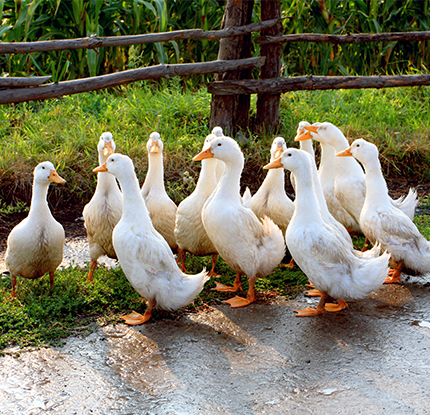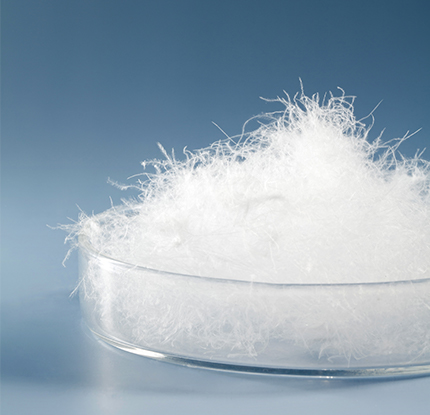
Goose and duck breeding in Poland
Tradition and the present day
The first records of geese and ducks breeding in what is now Poland appear as early as in medieval writings. In the 19th century, there was an agricultural commodity exchange in Warsaw, where more than 3 million geese were sold each year. Later, since 1900, a poultry exhibition was organized in Lviv, where numerous species of geese and ducks were presented and traded. Back then many individual households in the countryside used to raise small flocks of geese and ducks for own consumption and for sale. Every autumn, one could spot traders herding “shod” geese for sale to Germany – shoeing geese meant preparation for the long-distance migrations by running the geese through tar and fine sand so that a hardened sole was formed.
Feather processing in Poland
Past and present
Feathers and down have been used in Poland for centuries for a variety of purposes – decorative, writing, for military plumes and many others. The cold climate fostered the use of feathers in comforters and pillows. As early as in the 17th century, Jan Chryzostom Pasek described in his chronicles that comforters at the royal court in Warsaw were filled with feathers. Sources from the eighteenth to nineteenth centuries mention the collection of valuable feathers for bedding in the Polish countryside, the first primitive feather-cleaning devices and craftsmen specializing in featherbed making.



Do you need additional information?